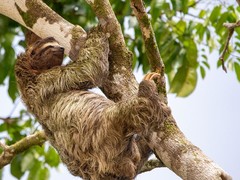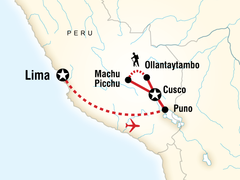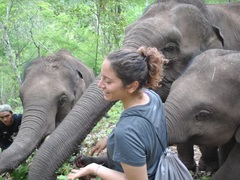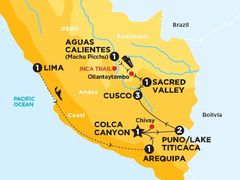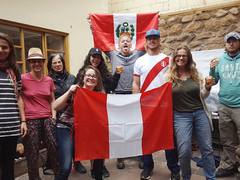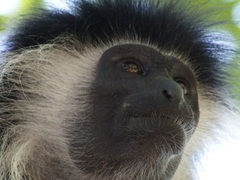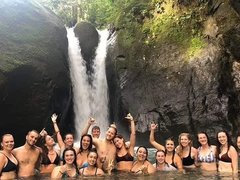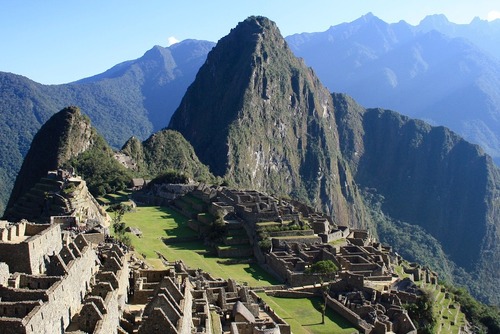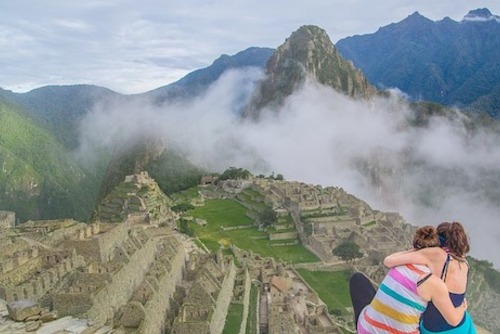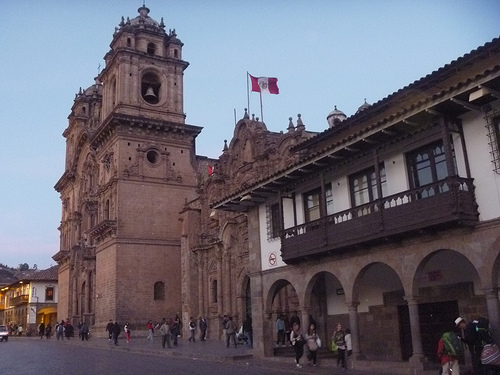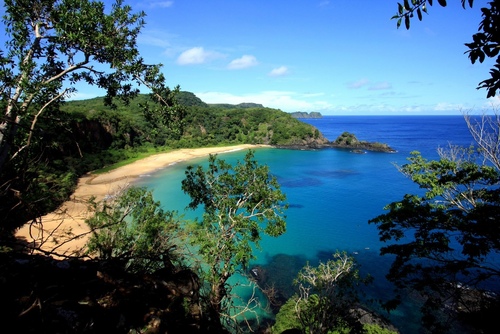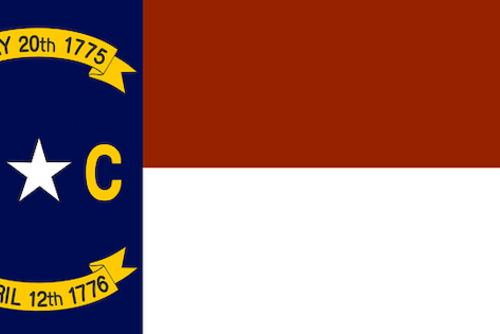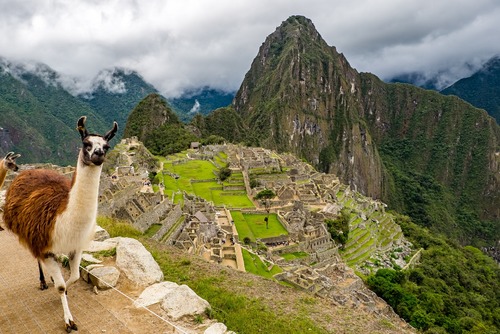CARI-Peru is registered in Peru as an NGO that provides logistical support to researchers engaged in the archaeological and anthropological study of Andean culture and prehistory in the Lake Titicaca Basin, Puno, Peru.
CARI was originally established in 1999 under the name Programa Collasuyo by faculty of University of California Los Angeles, UC Santa Barbara, and the Universidad Nacional del Altiplano, Puno, Peru. It has operated continuously since that date, hosting academic researchers of the highest caliber from institutions in North and South America.
Over the last two decades, the majority of cutting-edge archaeological and ethnographic research in the northern and western Lake Titicaca Basin has been conducted through this research facility.
CARI recently joined forces with the Institute for Field Research, a 501(c)3 non-profit corporation, registered in the state of California, to maintain and grow a sustainable research and field school program in the South-Central Andes. CARI-Peru also became registered as an NGO in Peru. The need for a more formal institutional structure arose from the growing academic interest in the Collasuyo region, along with changes in Peruvian government regulations concerning the curation of collections and the issuance of excavation permits.
CARI maintains close ties with the Peruvian Ministerio de Cultura in Lima and the regional office in Puno, as well as the Universidad Nacional del Altiplano in Puno. Researchers have contacts with development agencies and NGOs, and work closely with local communities throughout the Titicaca Basin. Collaborative work with the Ministerio de Cultura has also resulted in the founding or improvement of two site museums (Museo de Pukara and Museo de Taraco).
Undergraduate and graduate students from the United States, Peru, Columbia, Brazil, and Chile have been brought to Puno to participate in excavations, survey, and lab work in the Titicaca Basin. CARI has also been used as a staging area for field schools in Taraco, Pucara, Juli, and Ilave, providing cultural and educational opportunities to undergraduate students.


